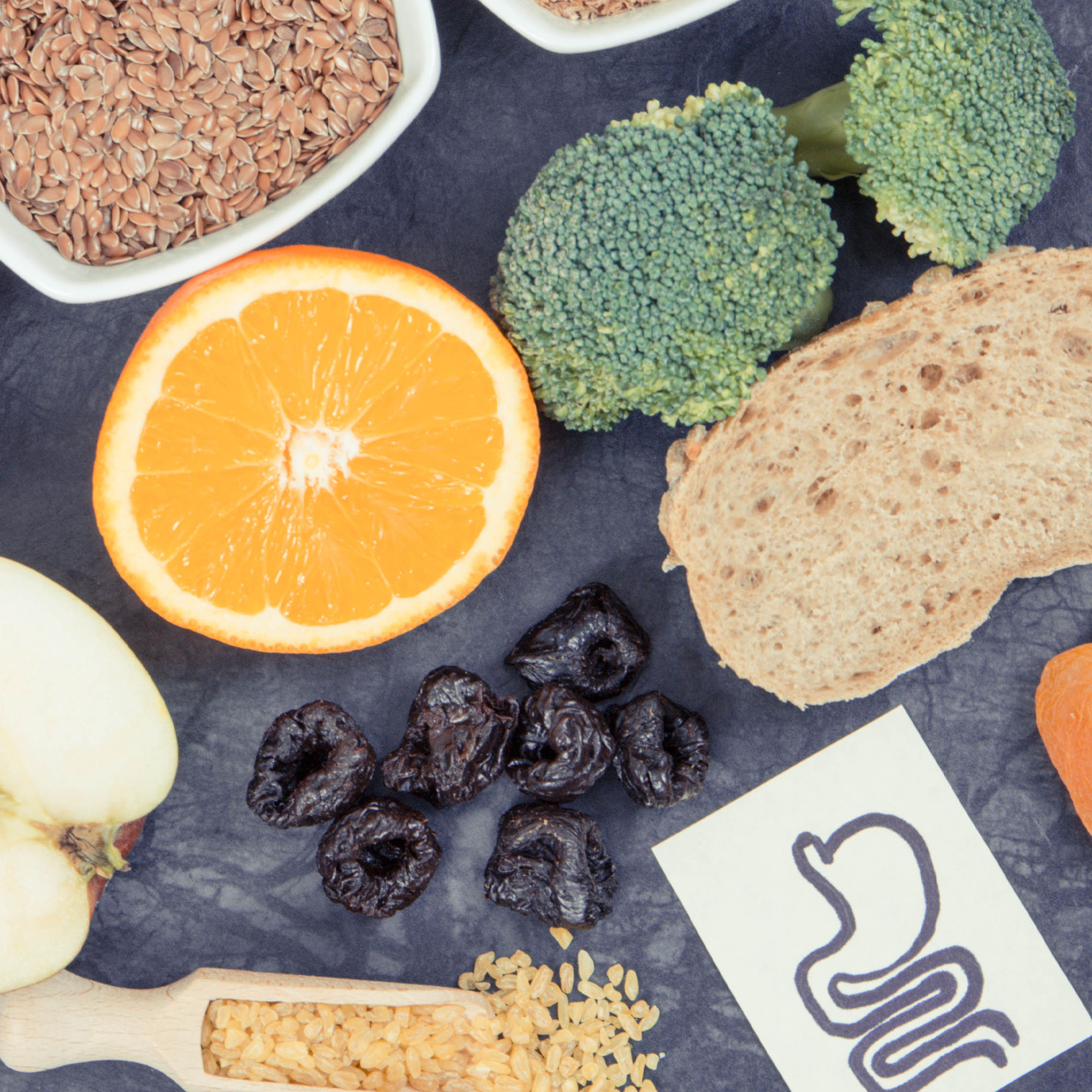
When it comes to improving digestion, maintaining a healthy gut, and managing weight, dietary fiber plays a crucial role. Despite being an essential component of a balanced diet, many people fall short of the recommended daily intake. In this post, we’ll explore how fiber supports gut health, aids in weight loss, and how you can incorporate more of it into your daily routine.
What is Dietary Fiber?
Dietary fiber is the part of plant-based foods that the body cannot digest or absorb. Unlike proteins, fats, or carbohydrates, fiber passes through the digestive system largely intact. It comes in two primary forms:
- Soluble Fiber – Dissolves in water to form a gel-like substance. It helps regulate blood sugar levels, lower cholesterol, and feed beneficial gut bacteria. Found in foods like oats, beans, apples, and citrus fruits.
- Insoluble Fiber – Does not dissolve in water, adding bulk to stool and promoting regular bowel movements. Found in whole grains, nuts, and vegetables like carrots and cauliflower.
Fiber and Gut Health
The gut microbiome—home to trillions of bacteria—thrives on fiber. Fiber acts as a prebiotic, providing fuel for beneficial bacteria that aid in digestion, immune function, and inflammation control.
How Fiber Supports a Healthy Gut
- Feeds Beneficial Bacteria
When fiber reaches the colon, gut bacteria ferment it, producing short-chain fatty acids (SCFAs) like butyrate. These SCFAs nourish intestinal cells, strengthen the gut lining, and reduce inflammation. - Promotes Regularity
Insoluble fiber adds bulk to stool and helps food pass smoothly through the digestive system, preventing constipation and bloating. - Balances Gut Bacteria
Diets rich in fiber have been shown to increase the diversity of gut microbes, leading to better digestion and a stronger immune system.
Fiber and Weight Loss
High-fiber foods are naturally filling and can help with weight loss in several ways:
- Increases Fullness & Reduces Appetite
Fiber slows digestion, keeping you full for longer and preventing overeating. Studies show that increasing fiber intake can lead to reduced calorie consumption without intentional restriction. - Regulates Blood Sugar Levels
Soluble fiber slows the absorption of sugar, preventing blood sugar spikes and crashes that lead to cravings and overeating. - Reduces Caloric Absorption
Some fibers bind to fat and sugar molecules in the digestive tract, reducing the number of calories absorbed from food.
How to Add More Fiber to Your Diet
- Start Your Day with Whole Grains – Swap white bread and cereal for oatmeal or whole-grain toast.
- Eat More Fruits and Vegetables – Aim for at least five servings per day. Keep the skin on when possible for added fiber.
- Include Legumes and Nuts – Beans, lentils, almonds, and chia seeds are fiber-rich and highly nutritious.
- Stay Hydrated – Drinking plenty of water helps fiber move smoothly through the digestive system.
Final Thoughts
Incorporating more fiber into your diet is a simple yet powerful way to improve gut health and support weight loss. By feeding beneficial gut bacteria, keeping digestion regular, and reducing hunger, fiber proves to be an essential tool for overall health.
Want to boost your fiber intake? Start by making small changes, like swapping refined grains for whole grains and adding more vegetables to your meals. Your gut—and waistline—will thank you!

